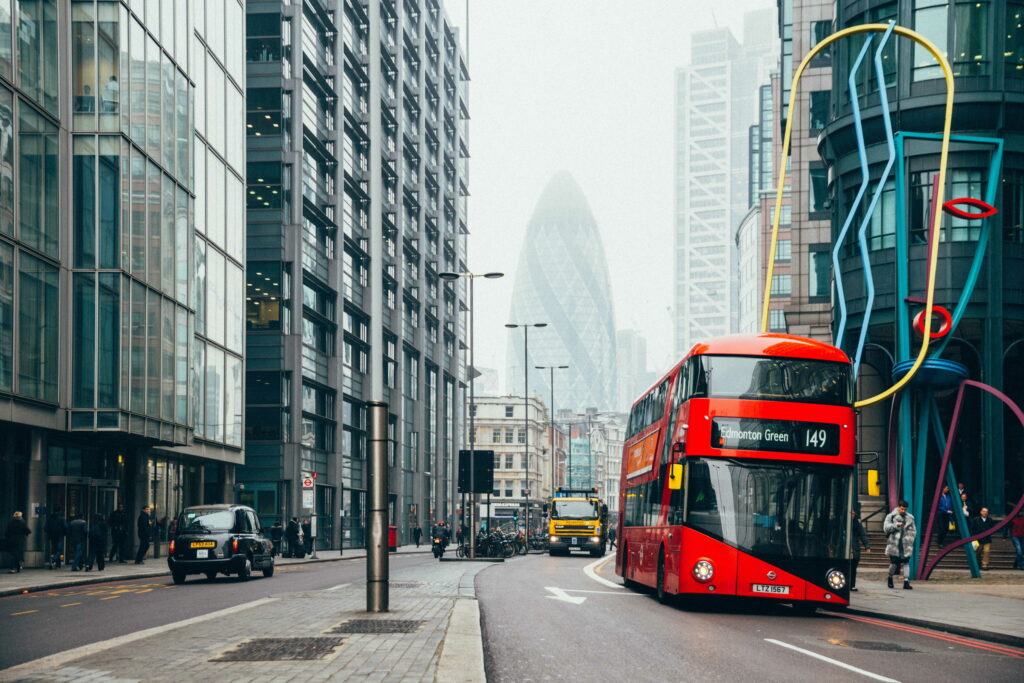London is set to gain a new fleet of electric buses courtesy of a new arrangement between German-based technology company volytica diagnostics and Enel X.
The partnership will see Enel X also use a battery diagnostics solution developed by Volytica to ensure the safe and reliable operation of the fleet, which is set for launch in September.
The collaboration intends to gather knowledge on the efficient and safe use of electric buses – a key area to explore to accelerate the adoption of the clean vehicles. It will evaluate the scalability as well as the serial integration of battery diagnostics to improve lifetime, cost-effectiveness and safety of e-buses.
“Resource conservation and climate protection are central to all our solutions,” said Valerio Vadacchino, head of eBus at Enel X.
“With the help of volytica’s intelligent and independent diagnostics software, we create the possibility to couple sustainability and safety and thus to use our battery assets in a long-term and environmentally friendly way. The goal is to reduce costs and save resources – for both people and the environment, as well as utilise batteries for second life applications.”
A particular area the collaboration aims to address is access to accurate information about an electric vehicle’s propulsion system, an area which is currently “severely limited”, the companies said.
If this can be addressed, it could mitigate the risk factors potential investors and customers associate with the adoption of electric vehicles. This could see the adoption of the clean vehicles soar ahead of the 2030 internal combustion engine (ICE) sale ban.
“We are at the risk of unnecessarily wasting almost 2 million tonnes of batteries with a value of up to €100 billion due to premature replacement and insufficient exploitation of the cast optimisation potentials lithium-ion technology offers – every year,” said Claudius Jehle, CEO of volytica diagnostics.
“To address this, we have developed a technology that makes the complexity of battery systems accessible and understandable. With the help of our solution, we enable our partners and customers to extend the life and profitability of their batteries. More economical batteries will boost the mobility transition – and save precious resources alongside.”
Electric buses are also becoming more popular in the UK – particularly in the capital. Alongside the establishment of electric buses on the UK’s roads, charging infrastructure must be in place to support them.
In late 2020, it was confirmed that charging infrastructure for 37 new electric buses had been installed at a West London depot by Siemens Smart Infrastructure. Electric buses have also received more traction over the years since the Mayor of London Sadiq Khan announced funding of £10 million to be put towards a Green New Deal, aimed at helping create jobs in sectors including clean energy.
The project was to provide investment for the design and delivery of power infrastructure at bus garages in London, with the goal of transitioning the city’s 9,000 buses into a “zero-tailpipe emission fleet”.
One company spearheading electric bus adoption, Zenobē, signed an electric transportation as a service (ETaaS) deal earlier this year with National Express, which includes the provision of electric vehicle (EV) charging.
The company confirmed it signed what is said to be the UK’s largest single EV bus fleet transaction to provide 130 BYD Alexander Dennis Limited (ADL) buses to National Express Coventry.






